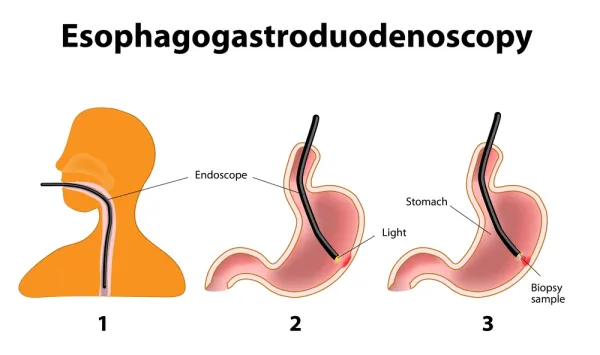Reader Questions:
Get the Lowdown on POS Codes
Published on Fri Jun 18, 2021
Question: Could you please clarify what the POS codes are that surgeons might use and how to differentiate the codes?
Oregon Subscriber
Answer: The following list includes places that surgeons are likely to provide services and the place of service (POS) codes you need to use to describe them.

Key: Choose your code based on these descriptions, straight from CMS:
- 11 (Office): Location, other than a hospital, skilled nursing facility (SNF), military treatment facility, community health center, state or local public health clinic, or intermediate care facility (ICF), where the health professional routinely provides health examinations, diagnosis and treatment of illness or injury on an ambulatory basis. Fair market value for the office must be paid for this office to qualify for an office and POS 11.
- 21 (Inpatient hospital): A facility, other than psychiatric, that primarily provides diagnostic, therapeutic (both surgical and nonsurgical) and rehabilitation services by, or under, the supervision of physicians to patients admitted for a variety of medical conditions.
- 22 (Outpatient hospital): A portion of a hospital that provides diagnostic, therapeutic (both surgical and nonsurgical) and rehabilitation services to sick or injured persons who do not require hospitalization or institutionalization.
- 23 (Emergency room, hospital): A portion of a hospital where emergency diagnosis and treatment of illness or injury is provided.
- 31 (Skilled nursing facility): A facility that primarily provides inpatient skilled nursing care and related services to patients who require medical, nursing or rehabilitative services but does not provide the level of care or treatment available in a hospital.
- 32 (Nursing facility): A facility that primarily provides to residents skilled nursing care and related services for the rehabilitation of injured, disabled, or sick persons, or, on a regular basis, health-related care services above the level of custodial care to other than mentally retarded individuals.





